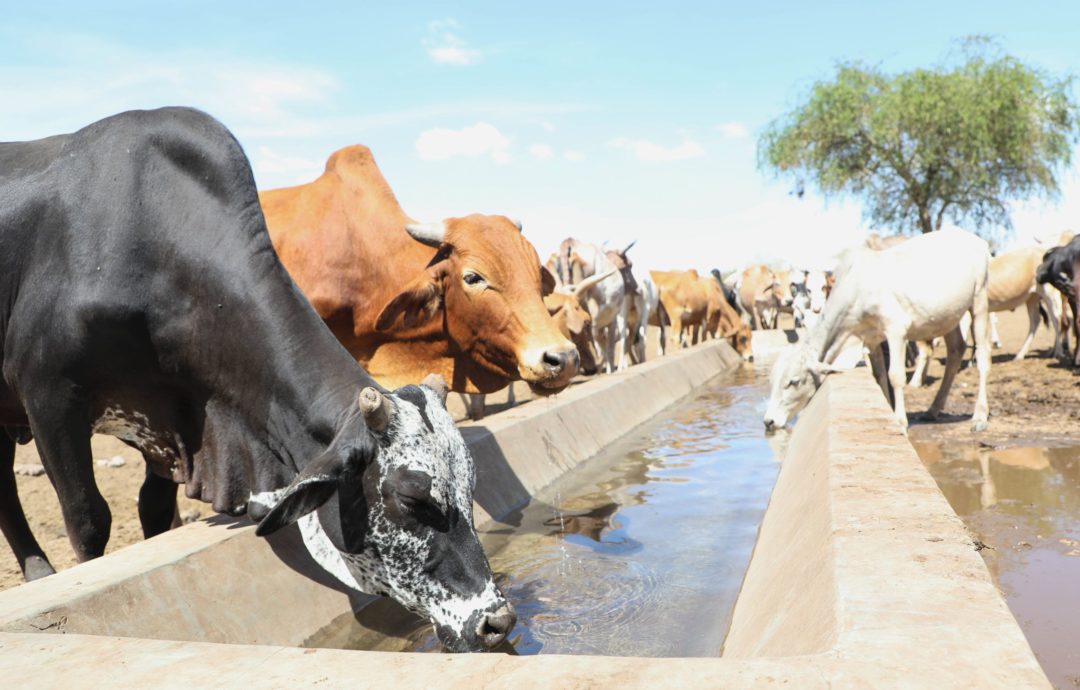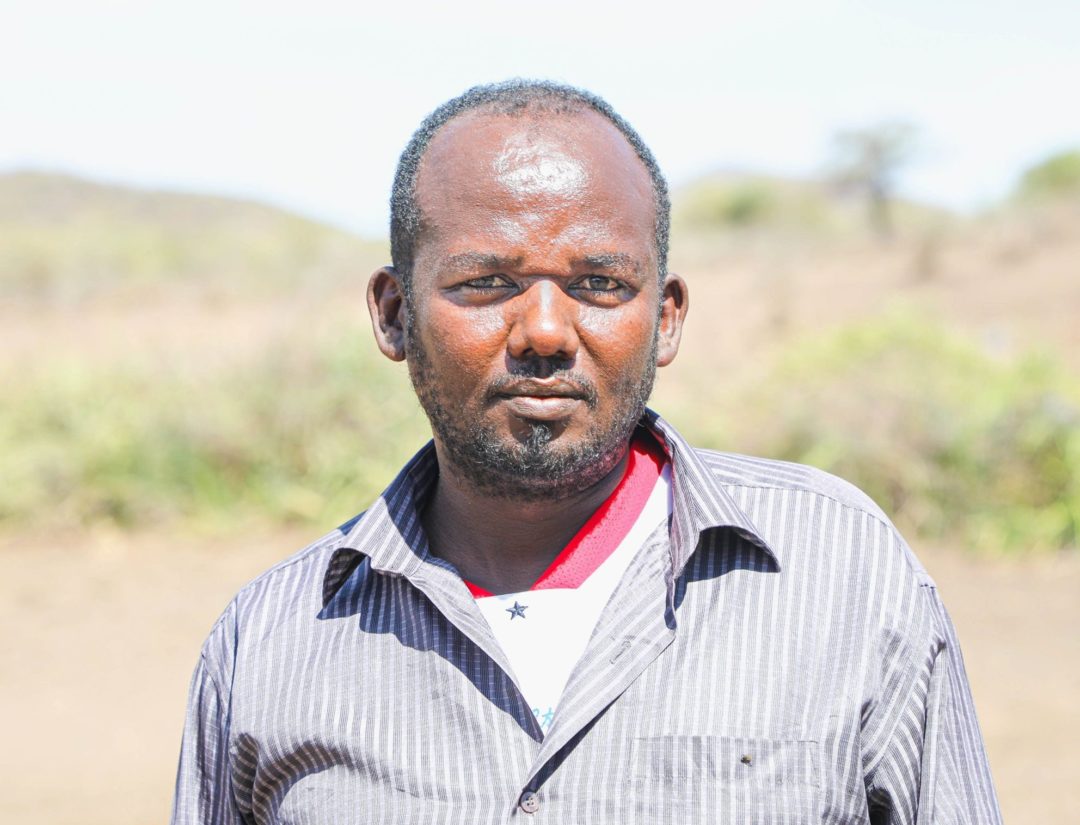 Stories
Stories
February 23, 2022 • 2 min read
Affected by endless droughts and poor water systems, families in the Borena region of Ethiopia walked for hours to access clean water. The community lost over 106,711 cattle in the final months of last year as droughts destroyed pastures and dried-up water sources.
Borena, Ethiopia, around 800km from the capital Addis Ababa, is a region renowned for livestock farming. But for many years, accessing clean water has been a challenge for the community.
“There was a small spring here. It was an open source. People and cattle used it side by side. You can imagine how contaminated it was,” says Adi Hulufo, Chairperson of Women’s Affairs in Gandhile Kebele in Borena.
She adds, “Sometimes it became a cause of conflict, when people tried to fetch (water) in front of the cattle”.
On the frontline of climate change
For families living here, every day is a brutal reminder of the harmful effects of climate change. Even during good seasons, water remains scarce.
Frequent droughts destroy pastures and dry up ponds. Livestock die—leaving households without incomes and a critical nutritious food source. In the final months of last year, families in the Borena zone lost at least 106,000 cattle.

A trough with a separate water point constructed for livestock.
To access clean water for everyday chores, Gandhile kebele residents were forced to walk for hours. Walking such distances carrying gallons of water was particularly hard for women, children, and the elderly.
Six years ago, the contaminated spring was developed into a formal water scheme with a collection chamber. The community was relieved. Sadly, without proper investment, the system collapsed after years of service. The situation once again became dire.
“We started to walk for hours again to access water from the closest water point in the area. It was four hours back and forth walk every day. During dry seasons, the problem was even worse,” Didjilo Konsicha, a local village member, says.
Supporting local communities
GOAL teams in Ethiopia are working with USAID through UNICEF to guarantee water for families and farmers. To reduce distances traveled, water is transported in bulk to the community. In consultation with the community, GOAL teams have also repaired the spring water supply system.
“We were constantly asking the regional government and other partner organizations to support us with rehabilitating the water supply system for long. We are so grateful to GOAL; the entire scheme is rehabilitated,” says Melese Abera, from Teltele district water office.
The rehabilitation process included replacement of a 50 kilovolt diesel generator and the installation of a new submersible pump with a 15-kilowatt capacity. A separate water point and cattle trough were also constructed for the livestock.

Melese Abera from Teltele District Water Office says the scheme has also transformed agriculture in Borena.
“Water is now available for our own use and for farming. The interventions ended hours of walking and suffering of the community,” Melese says.
“The water rehabilitation intervention means a lot for our community,” adds Didjilo.
Thanks to the rehabilitation of the water system, over 100,000 people and 77,000 livestock can now access clean water again.
